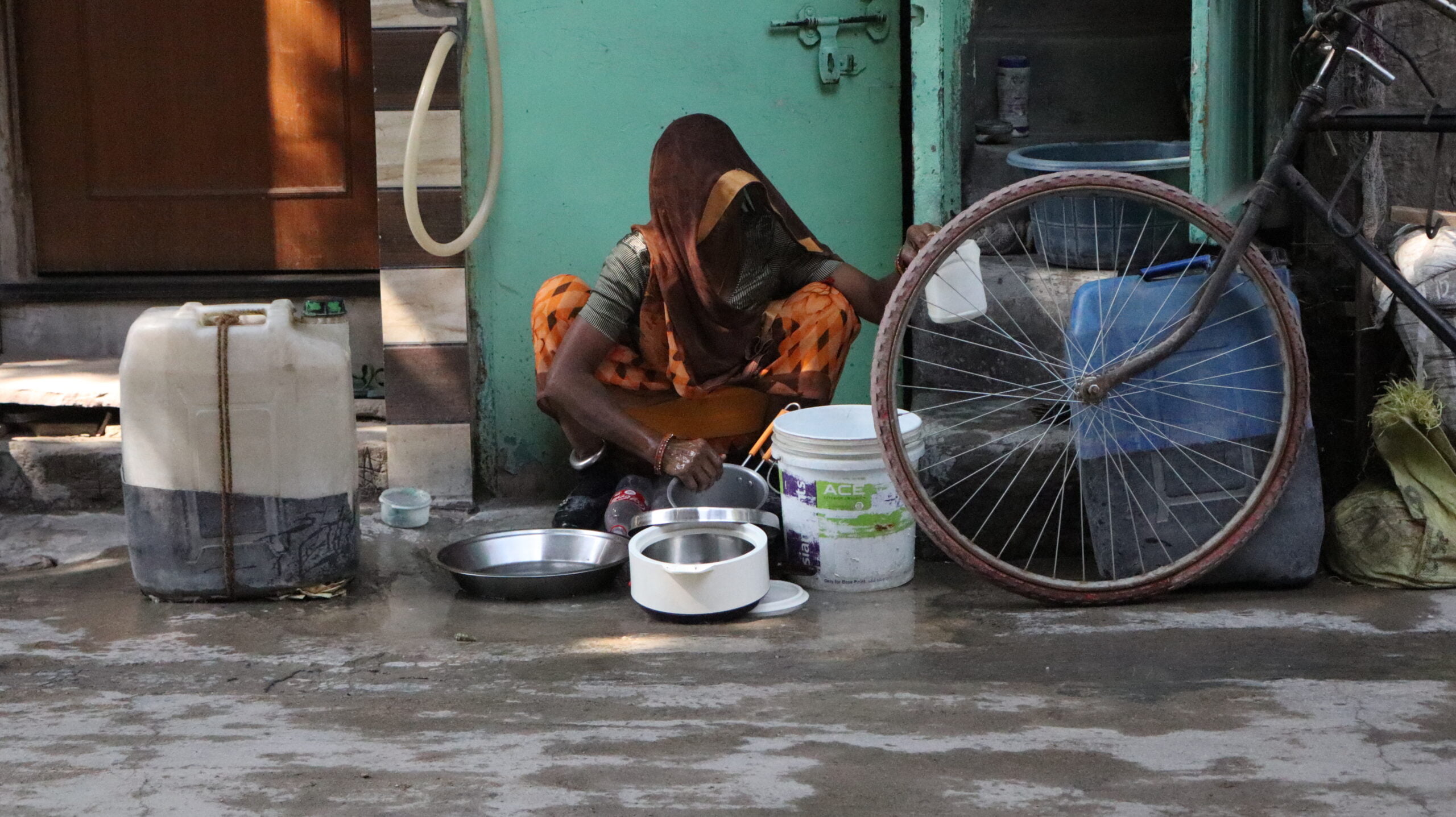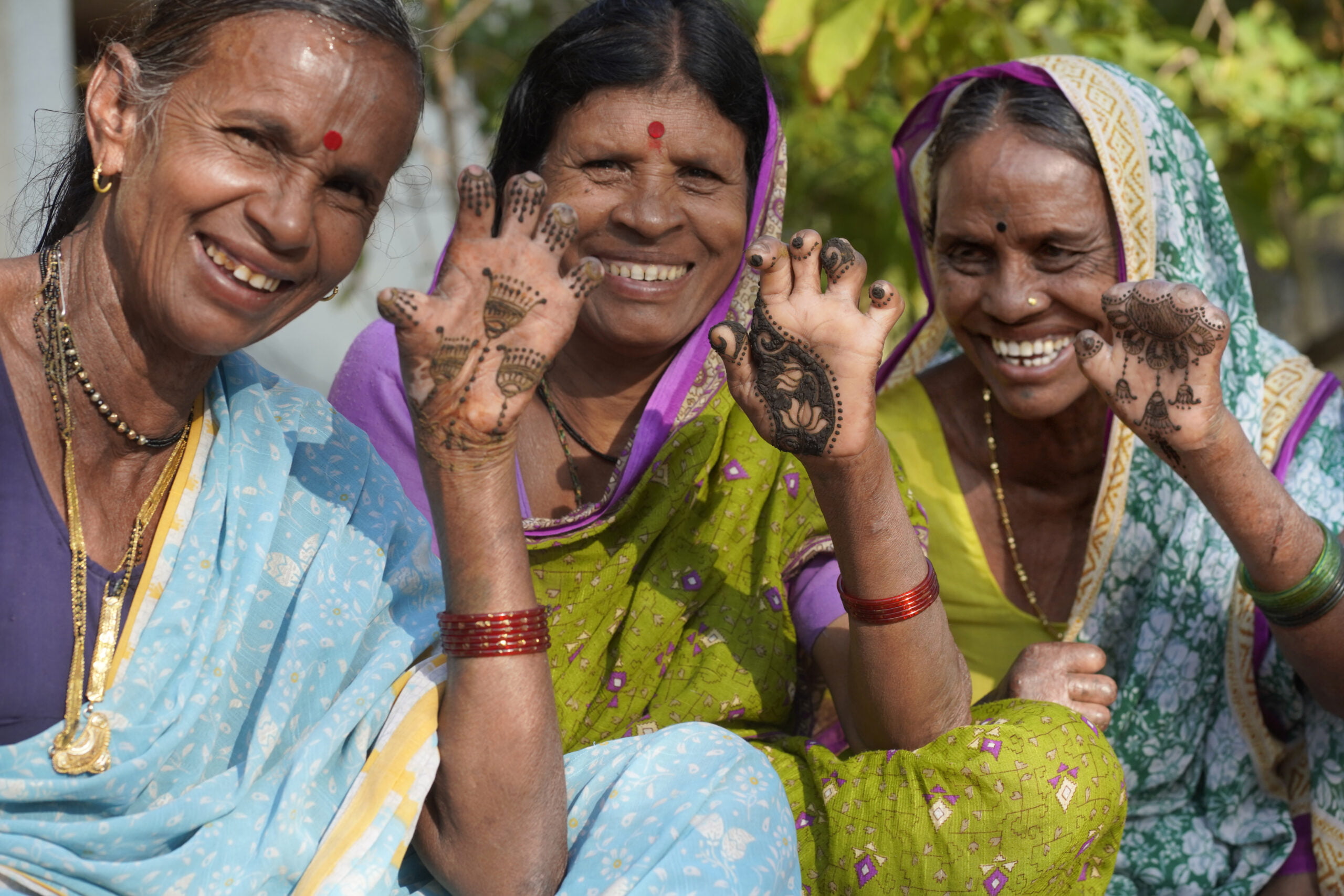Gail Omvedt was one of the greatest scholars on caste studies. Let’s take a look at her life, work, and activism and the legacy she has left behind.
Pioneering voice of the anti-caste movement
Dr. Gail Omvedt, one of the greatest scholars on caste studies in India passed away on August 24, 2021, at her village in Kesegaon, Maharashtra. She was an American-born Indian sociologist and human rights activist who did some pioneering work on the anti-caste movement, Dalit politics, and women’s struggles in India.

Why Gail chose India?
Gail Omvedt came to India as a student from the US and settled here in the 1970s. She had initially come to study caste and Mahatma Phule’s movement in Maharashtra as a PhD student but seeing the caste and untouchability system that existed in the country, she decided to stay back and work for the liberation of the marginalised communities.

Gail Omvedt’s pioneering work
Gail penned and published numerous books on the anti-caste movement. Her PhD thesis introduced Mahatma Phule’s Satyashodhak Movement to the world. While her book ‘Dalits and Democratic Revolution’ is a handbook for every young college student in the South Asian study centres around the world.
Also read: India Will Remember Gail Omvedt Forever

Selected publications
Omvedt’s academic writing includes numerous books and articles on class, caste, and gender issues. Some of her notable works include, “Cultural Revolt in a Colonial Society: The Non-Brahman Movement in Maharashtra”, “Reinventing Revolution: New Social Movements in India”, “Dalit Visions: the Anti caste movement and Indian Cultural Identity”, “Ambedkar: Towards an Enlightened India” and “Jotirao Phule and the Ideology of Social Revolution in India” among others.

Gail Omvedt’s activism
Gail worked closely with social justice, anti-caste movements, environmental movements, farmers’ movements and especially with rural women. She co-founded Shramik Mukti Dal with her husband and activist Bharat Patankar. She was also an active member of Shetkari Mahila Aghadi, which works on issues of women’s land rights and political power.
Also read: Gail Omvedt took caste to global audience that was fed only a Brahminical point of view

“Gandhi may have travelled third class on trains out of conviction, but Ambedkar did so out of necessity. Nehru and his companions may have been able to give up their government jobs or connections with government institutions such as courts because they had the assurance that wealthy, often landlord families could continue to support the rest of their relatives.” – Gail Omvedt, Ambedkar: Towards an Enlightened India

About the author(s)
Shriya is a former student of literature and a multimedia journalist with an interest in sports and human rights. She can be found watching Shah Rukh Khan movies or listening to Ali Sethi and 90s Bollywood songs. She enjoys a good cup of black coffee multiple times a day and is often compared to 'Casper, the friendly ghost'.




